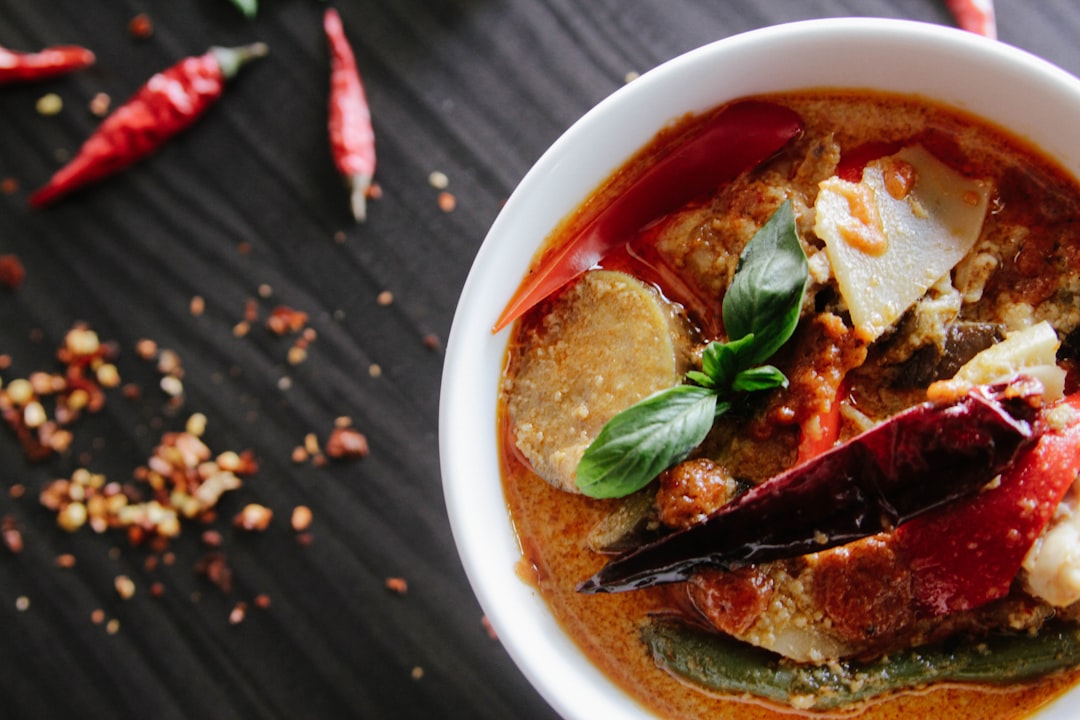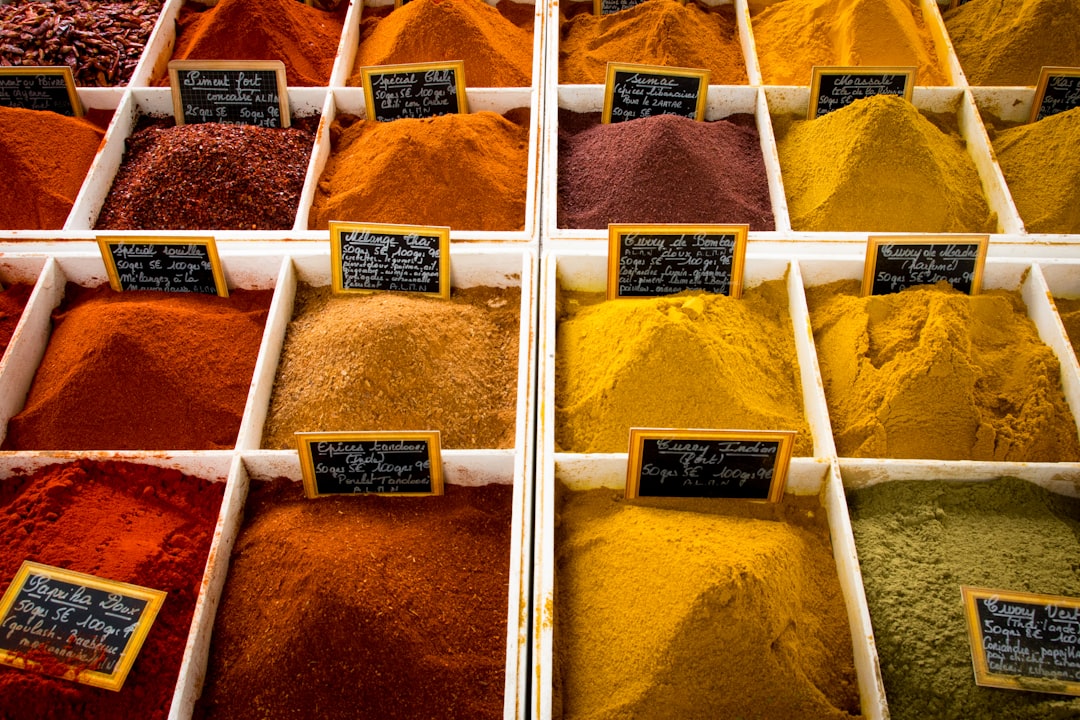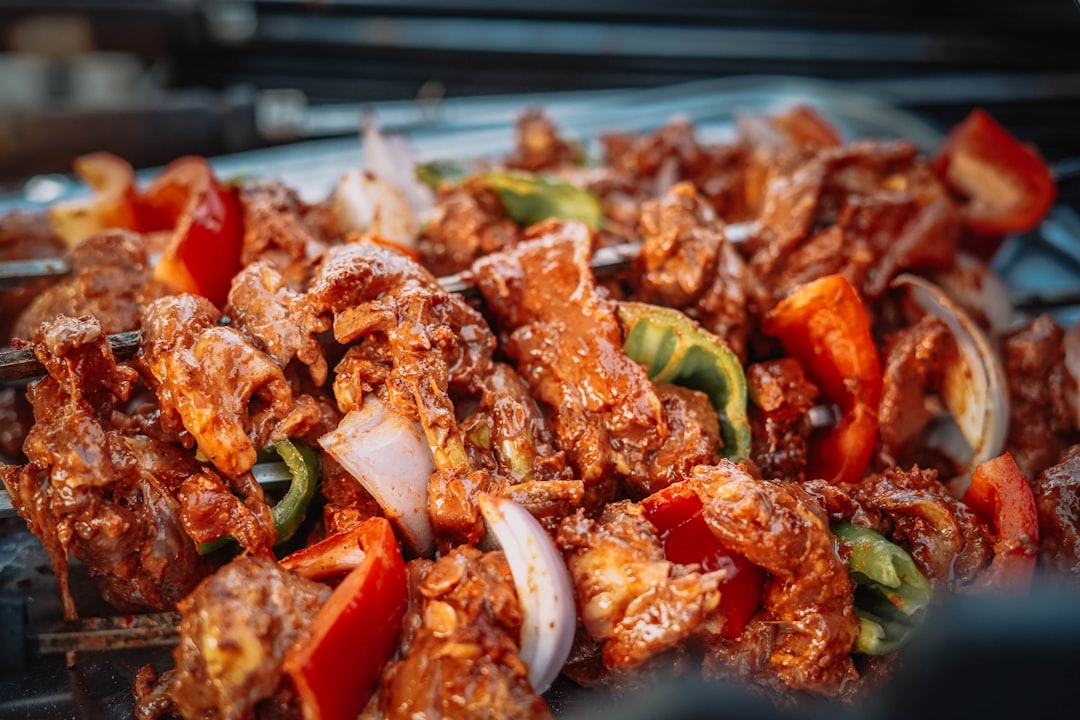Spicing Up Your Health: The Hidden Medical Complications of Eating Too Much Heat
Overview of Spicy Foods and Their Health Implications
 Understanding Spicy Foods
Understanding Spicy Foods
Spicy foods are beloved around the world for their intense flavors and the sensation of heat they bring to our meals. The kick you experience from spicy foods primarily comes from a compound called [capsaicin](https://www.eper.Spicy foods are generally healthy and can even provide various health benefits, but caution is advised for certain individuals and extreme spice levels. The heat level of these peppers is measured using the Scoville scale, which ranges from mild varieties to extremely hot ones, some surpassing 3 million Scoville Heat Units. Beyond natural spices, popular spicy snacks often contain additives like citric acid and MSG, which can further irritate the stomach lining and contribute to digestive discomfort.
Medical Complications of Eating Spicy Foods
Gastrointestinal Issues
Consuming spicy foods can lead to several gastrointestinal problems due to their tendency to irritate the stomach lining. This irritation can exacerbate conditions such as gastritis and acid reflux, causing symptoms like upper abdominal pain, nausea, and vomiting [1]. Spicy snacks like Hot Cheetos, particularly popular among children and teenagers, have been linked to increased emergency room visits due to severe stomach pain and gastritis. Additionally, high spice consumption has been associated with dyslipidemia, which can negatively impact lipid profiles and increase cardiovascular risks. The acidity from spicy foods can further exacerbate gastritis symptoms, making it crucial for individuals to monitor their spice intake carefully.
Allergic Reactions and Sensitivities
Some people may experience allergic reactions or sensitivities to certain spices, leading to symptoms such as nausea, diarrhea, or asthma triggered by histamine release [1]. Moreover, the red dye used in spicy snacks can mimic the appearance of blood in vomit or stool, causing unnecessary alarm. Sensitivities to artificial flavorings and preservatives commonly found in processed spicy foods can also contribute to digestive upset. For example, individuals with asthma may notice an exacerbation of symptoms after consuming spicy foods, highlighting the importance of being aware of personal triggers.
Potential Health Benefits of Spicy Foods
Positive Effects on Metabolism and Appetite
Despite the potential risks, spicy foods can offer several health benefits. Capsaicin, the heat-inducing compound, is known to boost metabolism by increasing energy expenditure and reducing appetite. Regular consumption of spicy foods has even been linked to a 14% reduction in total mortality. Capsaicin may also enhance fat oxidation, aiding in weight management by increasing the body’s thermogenic response, which can lead to higher calorie burn after meals. For those looking to manage their weight, incorporating moderate amounts of spicy foods could be a beneficial strategy.
Cancer Prevention
Interestingly, a high consumption of spicy foods has been associated with a lower risk of certain gastrointestinal cancers, such as esophageal and stomach cancers [7]. Contrary to popular belief, spicy foods may help prevent ulcers by inhibiting stomach acid production rather than causing them. Capsaicin has demonstrated anti-inflammatory properties, which might play a role in reducing cancer risk. Additionally, spices like turmeric and ginger, known for their antioxidant properties, can help combat oxidative stress and contribute to overall health.
 Risks and Considerations for Certain Individuals
Risks and Considerations for Certain Individuals
 Impact on Chronic Conditions
Impact on Chronic Conditions
Individuals with chronic conditions such as IBS or dyspepsia may find that spicy foods worsen their symptoms [5]. Extreme spicy foods can even lead to severe health reactions, such as esophageal perforation due to violent vomiting [5]. For those with pre-existing gastrointestinal issues, consulting healthcare providers before consuming spicy foods is recommended. Although spicy foods do not cause hemorrhoids, they can aggravate symptoms of anal fissures, underscoring the need for caution.
 Recommendations for Consumption
Recommendations for Consumption
Health professionals advise moderating the intake of spicy snacks, especially for children and teenagers, to prevent gastrointestinal issues [3]. Parents are encouraged to educate their children about the potential negative effects of excessive spicy snack consumption. Limiting spicy food intake to a few times a week can help manage digestive discomfort, and incorporating milder spices into the diet may provide flavor without exacerbating health issues.
Managing Health Concerns Related to Spicy Foods
Monitoring and Management
Monitoring spice intake is essential for preventing gastritis and related digestive issues [3]. Drinking milk or water can help alleviate the burning sensation caused by capsaicin. Keeping a food diary may assist individuals in identifying specific spicy foods that trigger adverse reactions. For personalized guidance, seeking advice from a nutritionist can aid in balancing spice consumption with overall dietary health.
Seeking Medical Attention
In cases of severe reactions or persistent symptoms, seeking immediate medical care is crucial. El Paso Emergency Room provides 24/7 emergency services, ensuring high-quality care with state-of-the-art technology and compassionate staff. Symptoms such as unmanageable nausea, persistent diarrhea, or chest pain warrant urgent medical evaluation to prevent further complications.
 Summary of Health Risks and Benefits of Spicy Foods
Summary of Health Risks and Benefits of Spicy Foods
 Balancing Risks and Benefits
Balancing Risks and Benefits
While spicy foods offer potential health benefits like boosting metabolism and reducing cancer risk, they can also pose risks, particularly for sensitive individuals [5]. Moderation and awareness of personal tolerance levels are key to enjoying spicy foods safely. Understanding individual health conditions is essential for making informed dietary choices regarding spicy foods, ensuring that their consumption does not lead to adverse health effects.
Explore Further
For more information on managing health complications related to spicy foods, visit El Paso Emergency Room’s website at eper.com. Ensure your health is a priority by exploring El Paso Emergency Room’s comprehensive emergency services for immediate care and support.


